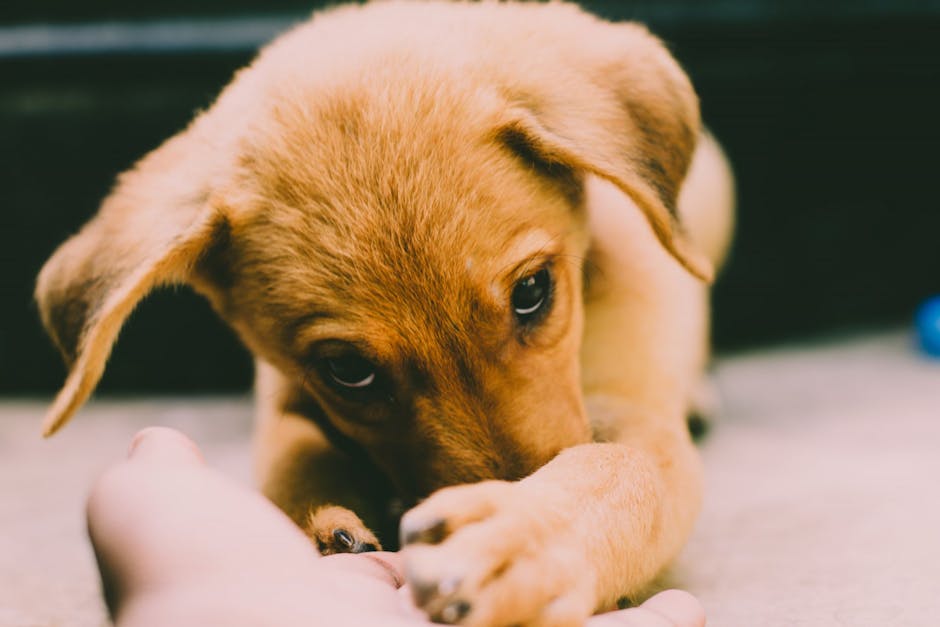
Golden Retriever Puppies and a New Baby: Real Talk from Parents
Bringing a new life into the world is a monumental event. Add to that the joyful, albeit chaotic, energy of golden retriever puppies new baby, and you’ve got a recipe for… well, a lot to consider! A recent discussion online saw expectant parents weighing their options for getting a golden retriever puppy before or after their first baby arrived. The responses were overwhelmingly clear, offering a heavy dose of reality from those who’ve walked (or stumbled) through similar paths.
The original poster and their husband, both experienced dog owners, were looking at two reputable breeders. One puppy would be available in early November, giving them a couple of months for potty training before their mid-January 2026 baby. The other option was an August 2026 puppy, when their baby would be about six months old. They were looking for suggestions, expecting a few pros and cons. What they got was a chorus of emphatic “don’t do it.”
The Unvarnished Truth About Puppies and Newborns
Imagine juggling sleepless nights with newborns, and then adding a four-month-old puppy who’s still teething and, as one person vividly put it, “stealing everything.” It sounds exhausting because, according to countless comments, it absolutely is. One parent, who had an already well-behaved 4-7 year old dog when their newborns arrived, confessed it was still incredibly hard. They painted a picture of a teething puppy snatching a baby’s blanket, demand barking during precious nap times, or even worse, accidentally nipping a fragile newborn. It’s the kind of scenario that makes your heart race just thinking about it.
Many highlighted that while the couple might be experienced dog owners, they haven’t been new parents. And that, it turns out, makes all the difference. “You have no idea how exhausted and short-tempered you are going to feel all day, every day,” one comment shared, adding that even basic tasks like showering or eating a hot meal become Herculean feats in the first year with a baby. Adding a puppy into that mix, as several noted, is a “disaster in the making.”

The Adolescent Golden Retriever: A Double Whammy
The August puppy option, initially thought to be a safer bet, also came under fire. By six months, a baby starts to become mobile, crawling and exploring. This is precisely when a golden retriever puppy hits its boisterous adolescent phase, which many described as even harder than the tiny puppy stage. Dogs stay puppies, in terms of energy and puppy training needs, for about two years. Keeping a rambunctious, mouthy adolescent golden from play-biting or bowling over a newly mobile infant is a huge undertaking. “Our youngest is 4.5 years old, and I truly understand why many places do not place puppies with children under 5,” one comment emphasized. Children’s quick movements and high-pitched sounds can be misconstrued by a young, energetic dog, making good decisions around them challenging.
Golden retrievers, while ultimately fantastic family dogs, are incredibly demanding as puppies and adolescents. They need immense mental and physical stimulation, are prone to using their mouths (meaning lots of training to curb destructive chewing), and won’t truly settle down until they’re a few years old. Throwing a baby into that mix isn’t just hard on the parents; it’s unfair to the dog, who might not get the crucial training and socialization it needs, potentially leading to behavioral issues down the line.
The Overwhelming Consensus: Wait
The overwhelming advice from the collective wisdom of experienced parents and pet owners was unanimous: wait. Many suggested waiting until the child is at least two, if not school-aged, before considering a new golden retriever puppies new baby scenario. “See how you’re doing as a new parent first,” was a common theme. “Puppies and babies are both overwhelming and I wouldn’t put them together personally.”
Some heartbreaking stories were shared about couples who brought home puppies only to rehome them when the reality of balancing both became too much. The message was clear: prioritizing your newborn and giving yourself the space to adjust to parenthood is crucial. The puppy can wait. A happy, well-adjusted family (including a future furry member) is worth the delay. It’s a decision that impacts not just the parents, but the child and, most importantly, the dog who deserves a forever home prepared to meet all its needs.